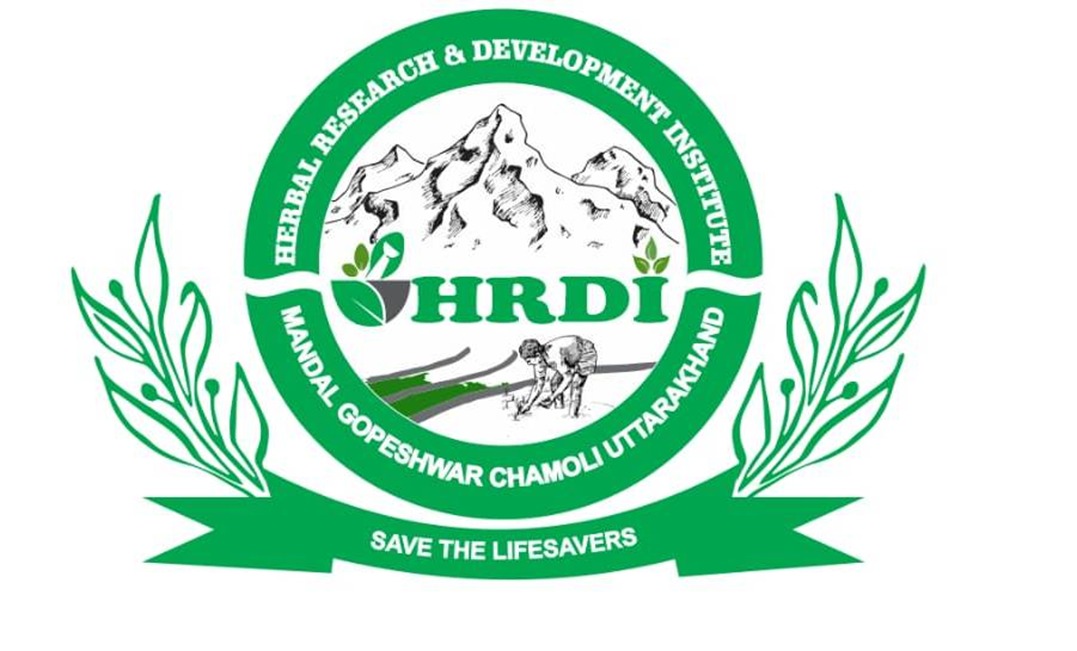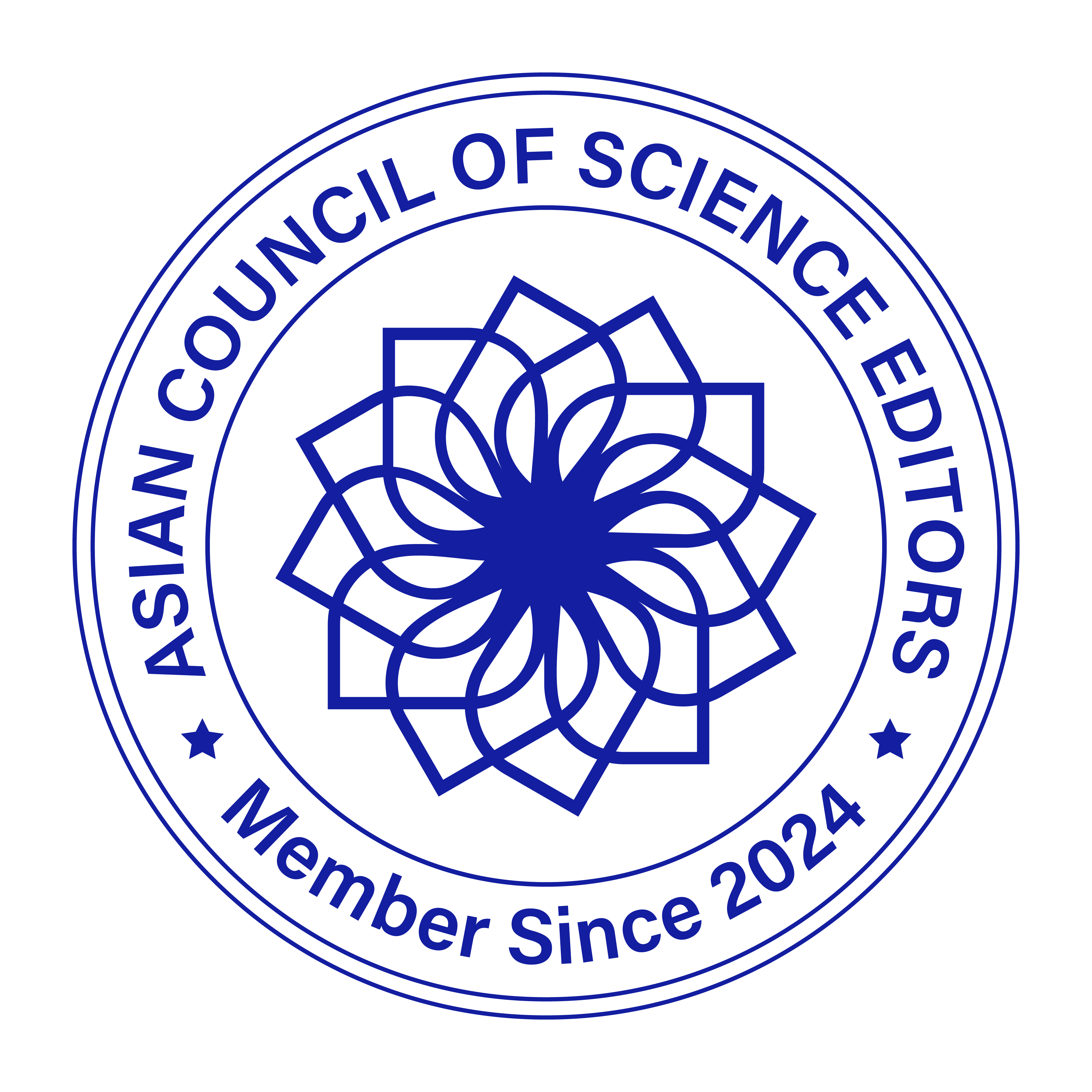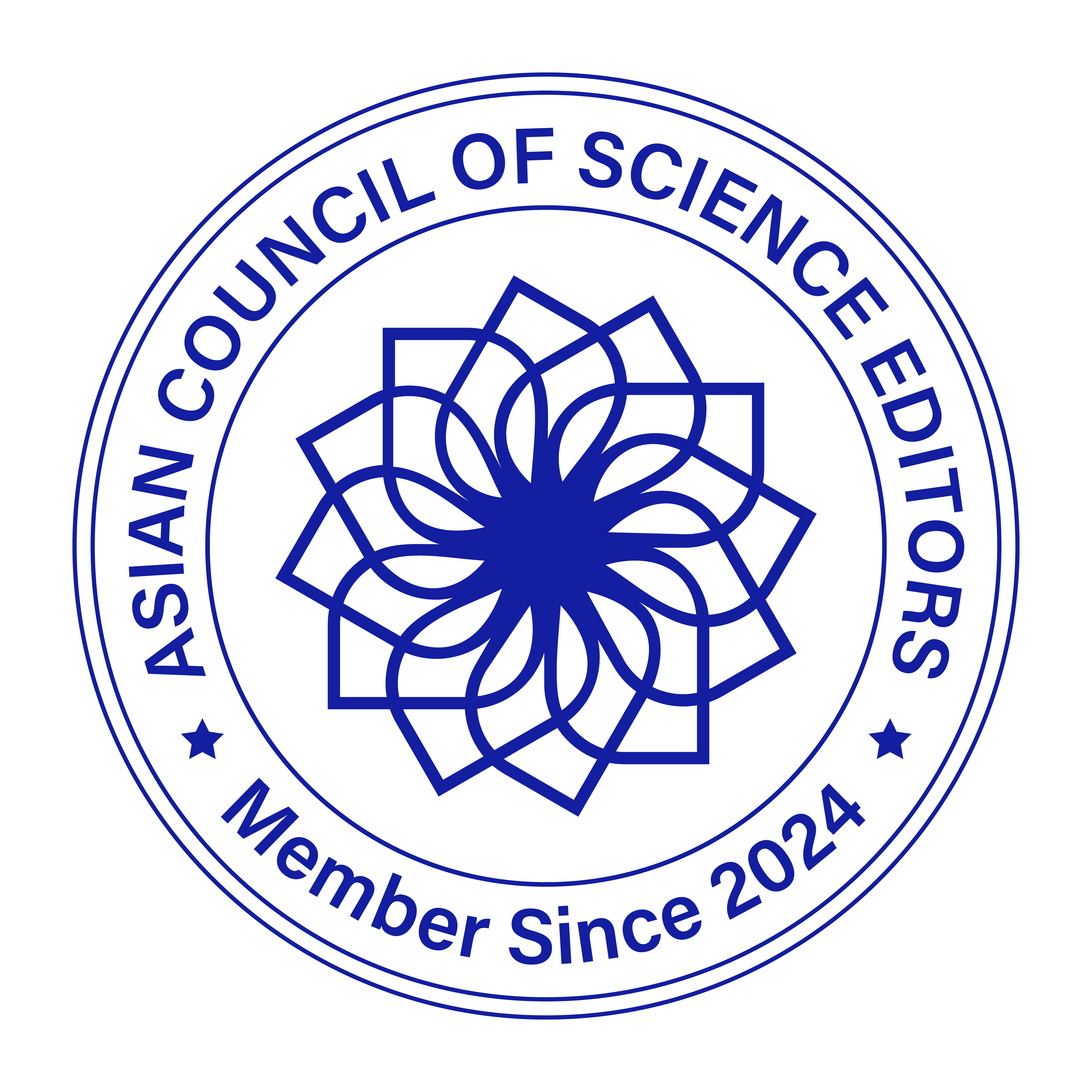Genetic Strategies for Heat-Tolerant Pigeon pea: A Comprehensive Review on GWAS, QTLs, and Beyond
Heat Tolerance in Pigeon pea
DOI:
https://doi.org/10.21276/pt.2024.1.2.6Keywords:
Pigeon pea, heat stress, genetic diversity,, GWAS, QTL mapping, candidate genes, heat tolerance, climate changeAbstract
Pigeon pea [Cajanus cajan (L.) Huth], a vital global protein source, faces substantial yield losses due to severe heat stress during reproduction. Genetic diversity exploration, employing GWAS and QTL mapping, reveals markers linked to heat resistance and identifies crucial candidate genes. Heat stress disrupts germination, pod development, and photosynthesis, resulting in smaller grains. Pigeon pea's physiological responses, including a sophisticated osmotic mechanism, showcase its ability to adapt to elevated temperatures. Certain genotypes exhibit notable heat tolerance, informing the breeding of resilient cultivars. Functional genomics, using techniques like RNA-seq, uncovers key heat stress-tolerant genes, offering avenues for potential genetic modifications. The review guides transformative interventions for sustainable cultivation, emphasizing the importance of incorporating identified markers into breeding and crop management practices for effective heat mitigation. Challenges persist, including exploring gene regulation and epigenetic aspects associated with the heat stress response. This comprehensive overview contributes to the development of sustainable cultivation practices, vital for ensuring food security amid climate change.
References
Sharma S, Jaba J, Rao PJ, Prasad S, Gopal NTVV, Sharma HC, Kilian B. Reaping the Potential of Wild Cajanus Species through Pre-Breeding for Improving Resistance to Pod Borer, Helicoverpa armigera, in Cultivated Pigeonpea (Cajanus cajan (L.) Millsp.). Biology. 2022; 11(4): 485. https://doi.org/10.3390/biology11040485
Chaturvedi P, Wiese AJ, Ghatak A, Záveská Drábková L, Weckwerth W, Honys D. Heat stress response mechanisms in pollen development. New Phytol. 2021; 231(2): 571–585. https://doi.org/10.1111/nph.17380
Pressman E. (2002). The Effect of Heat Stress on Tomato Pollen Characteristics is Associated with Changes in Carbohydrate Concentration in the Developing Anthers. Ann Bot. 2002; 90(5): 631–636. https://doi.org/10.1093/aob/mcf240
Farhad Md, Kumar U, Tomar V, Bhati PK, Krishnan J, Kishowar-E-Mustarin N, Barek V, Brestic M, Hossain A. (2023). Heat stress in wheat: A global challenge to feed billions in the current era of the changing climate. Front. sustain. food syst. 2023; 7: 1203721. https://doi.org/10.3389/fsufs.2023.1203721
Kinhoégbè G, Djèdatin G, Saxena RK, Chitikineni A, Bajaj P, Molla J, Agbangla C, Dansi A, Varshney RK. Genetic diversity and population structure of pigeonpea (Cajanus cajan [L.] Millspaugh) landraces grown in Benin revealed by Genotyping-By-Sequencing. PLoS One. 2022; 17(7):e0271565. https://doi.org/10.1371/journal.pone.0271565
Kimaro D, Melis R, Sibiya J, Shimelis H, Shayanowako A. (2020). Analysis of Genetic Diversity and Population Structure of Pigeonpea [Cajanus cajan (L.) Millsp] Accessions Using SSR Markers. Plants. 2020; 9(12): 1643. https://doi.org/10.3390/plants9121643
Yohane EN, Shimelis H, Laing M, Shayanowako A. (2022). Genetic diversity and grouping of pigeonpea [Cajanus cajan Millspaugh] Germplasm using SNP markers and agronomic traits. PLOS ONE, 2022; 17(11), e0275060. https://doi.org/10.1371/journal.pone.0275060
Bohra A, Pareek S, Jha R, Saxena RK, Singh IP, Pandey G, Mishra RK, Singh F, Kashyap M, Joshi R, Varshney RK. Modern Genomic Tools for Pigeonpea Improvement: Status and Prospects. In: R. K. Varshney, R. K. Saxena, & S. A. Jackson (Eds.), The Pigeonpea Genome (pp. 41–54). Springer International Publishing. 2017; https://doi.org/10.1007/978-3-319-63797-6_5
Jha UC, Nayyar H, Palakurthi R, Jha R, Valluri V, Bajaj P, Chitikineni A, Singh NP, Varshney RK, Thudi M. (2021). Major QTLs and Potential Candidate Genes for Heat Stress Tolerance Identified in Chickpea (Cicer arietinum L.). Front Plant Sci. 2021; 12: 655103. https://doi.org/10.3389/fpls.2021.655103
Sinha P, Saxena RK, Singh VK, Krishnamurthy L, Varshney RK. Selection and Validation of Housekeeping Genes as Reference for Gene Expression Studies in Pigeonpea (Cajanus cajan) under Heat and Salt Stress Conditions. Front Plant Sci. 2015; 6. https://doi.org/10.3389/fpls.2015.01071
Saxena KB, Choudhary AK, Saxena RK, Chauhan YS. Can pigeonpea hybrids negotiate stresses better than inbred cultivars? Breed Sci. 2020; 70(4): 423–429. https://doi.org/10.1270/jsbbs.20015
Lamichaney A, Parihar AK, Hazra KK, Dixit GP, Katiyar PK, Singh D, Singh AK, Kumar N, Singh NP. Untangling the Influence of Heat Stress on Crop Phenology, Seed Set, Seed Weight, and Germination in Field Pea (Pisum sativum L.). Front Plant Sci. 2021; 12: 635868. https://doi.org/10.3389/fpls.2021.635868
Megha, Singh N. Perspective Chapter: An Insight into Abiotic Stresses in Pigeonpea – Effects and Tolerance. In: S. Hussain, T. Hussain Awan, E. Ahmad Waraich, & M. Iqbal Awan (Eds.), Plant Abiotic Stress Responses and Tolerance Mechanisms. IntechOpen. 2023; https://doi.org/10.5772/intechopen.110368
Mei Y, Song S. Response to temperature stress of reactive oxygen species scavenging enzymes in the cross-tolerance of barley seed germination. J. Zhejiang Univ. Sci. B. 2010; 11(12): 965–972. https://doi.org/10.1631/jzus.B1000147
Lima CC, Gurgel ESC, Borges EEDLE. Antioxidant enzyme activity in germination of Dalbergia spruceana seeds under different temperatures. J Seed Sci. 2021; 43: e202143006. https://doi.org/10.1590/2317-1545v43244385
Rhythm, Sharma P, Sardana V. Physiological and biochemical traits of drought tolerance in Brassica juncea (L.) Czern & Coss, South Afr J Bot. 2022; 146:509-520. https://doi.org/10.1016/j.sajb.2021.11.019.
Driedonks N, Rieu I, Vriezen WH. Breeding for plant heat tolerance at vegetative and reproductive stages. Plant Reprod. 2016; 29(1–2): 67–79. https://doi.org/10.1007/s00497-016-0275-9
Zenda T, Wang N, Dong A, Zhou Y, Duan H. Reproductive-Stage Heat Stress in Cereals: Impact, Plant Responses and Strategies for Tolerance Improvement. Int J Mol Sci. 2022; 23(13): 6929. https://doi.org/10.3390/ijms23136929
Devi J, Sagar V, Mishra GP, Jha PK, Gupta N, Dubey RK, Singh PM, Behera TK, Prasad, PVV. Heat stress tolerance in peas (Pisum sativum L.): Current status and way forward. Front Plant Sci. 2023; 13: 1108276. https://doi.org/10.3389/fpls.2022.1108276
Chaudhary S, Devi P, Bhardwaj A, Jha UC, Sharma KD, Prasad PVV, Siddique KHM, Bindumadhava H, Kumar S, Nayyar H. Identification and Characterization of Contrasting Genotypes/Cultivars for Developing Heat Tolerance in Agricultural Crops: Current Status and Prospects. Front Plant Sci. 2020; 11: 587264. https://doi.org/10.3389/fpls.2020.587264
Resentini F, Orozco-Arroyo G, Cucinotta M, Mendes MA. The impact of heat stress in plant reproduction. Front Plant Sci. 2023; 14: 1271644. https://doi.org/10.3389/fpls.2023.1271644
Jiménez OR, Bornemann AC, Medina YE, Romero K, Bravo JR. Prospects of biological inputs as a measure for reducing crop losses caused by climate change effects. J Agric Food Res. 2023; 14: 100689. https://doi.org/10.1016/j.jafr.2023.100689
Hasanuzzaman M, Nahar K, Alam MM, Roychowdhury R, Fujita M. Physiological, biochemical, and molecular mechanisms of heat stress tolerance in plants. Int J Mol Sci. 2013;14(5):9643-84. https://doi.org/10.3390%2Fijms14059643
Srinivasan V, Kumar P, Long SP. Decreasing, not increasing, leaf area will raise crop yields under global atmospheric change. Glob Change Biol. 2017; 23: 1626–1635. https://doi.org/10.1111/gcb.13526
Kaushal N, Awasthi R, Gupta K, Gaur P, Siddique KHM, Nayyar H. Heat-stress-induced reproductive failures in chickpea (Cicer arietinum) are associated with impaired sucrose metabolism in leaves and anthers. Funct Plant Biol. 2013; 40(12): 1334. https://doi.org/10.1071/FP13082
Khan A, Ahmad M, Ahmed M, Iftikhar Hussain M. Rising Atmospheric Temperature Impact on Wheat and Thermotolerance Strategies. Plants. 2020; 10(1): 43. https://doi.org/10.3390/plants10010043
Wang Q-L, Chen J-H, He N-Y, Guo F-Q. Metabolic Reprogramming in Chloroplasts under Heat Stress in Plants. Int J Mol Sci. 2018; 19(3): 849. https://doi.org/10.3390/ijms19030849
Hu S, Ding Y, Zhu C. Sensitivity and Responses of Chloroplasts to Heat Stress in Plants. Front Plant Sci. 2020; 11: 375. https://doi.org/10.3389/fpls.2020.00375
Singh KB. Chickpea (Cicer arietinum L.). Field Crops Res. 1997; 53(1–3): 161–170.
Singh N, Nath R, Lata A, Singh SP, Kohli RP, Bhargava KP.. Withania Somnifera (Ashwagandha), a rejuvenating herbal drug which enhances survival during stress (an Adaptogen). Int J Crude Drug Res. 1982; 20(1): 29–35. https://doi.org/10.3109/13880208209083282
Dos Santos TB, Ribas AF, De Souza SGH, Budzinski IGF, Domingues DS. Physiological Responses to Drought, Salinity, and Heat Stress in Plants: A Review. Stresses. 2022; 2(1), 113–135. https://doi.org/10.3390/stresses2010009
Villalobos-López MA, Arroyo-Becerra A, Quintero-Jiménez A, Iturriaga G. Biotechnological Advances to Improve Abiotic Stress Tolerance in Crops. Int J Mol Sci. 2022; 23(19): 12053. https://doi.org/10.3390/ijms231912053
Mishra N, Jiang C, Chen L, Paul A, Chatterjee A, Shen G. Achieving abiotic stress tolerance in plants through antioxidative defense mechanisms. Front Plant Sci. 2023; 14: 1110622. https://doi.org/10.3389/fpls.2023.1110622
Anamul Hoque Md, Okuma E, Nasrin Akhter Banu Mst, Nakamura Y, Shimoishi Y, Murata Y. Exogenous proline mitigates the detrimental effects of salt stress more than exogenous betaine by increasing antioxidant enzyme activities. J Plant Physiol. 2007; 164(5): 553–561. https://doi.org/10.1016/j.jplph.2006.03.010
Mitra D, Díaz Rodríguez AM, Parra Cota FI, Khoshru B, Panneerselvam P, Moradi S, Sagarika MS, Anđelković S, Santos-Villalobos SDL, Das Mohapatra PK. Amelioration of thermal stress in crops by plant growth-promoting rhizobacteria. Physiol Plant Pathol. 2021; 115: 101679. https://doi.org/10.1016/j.pmpp.2021.101679
Hosseinifard M, Stefaniak S, Ghorbani Javid M, Soltani E, Wojtyla Ł, Garnczarska M. Contribution of Exogenous Proline to Abiotic Stresses Tolerance in Plants: A Review. Int J Mol Sci. 2022; 23(9), 5186. https://doi.org/10.3390/ijms23095186
Ibrahim AE-A, Abd El Mageed T, Abohamid Y, Abdallah H, El-Saadony M, AbuQamar S, El-Tarabily K, Abdou N. (2022). Exogenously Applied Proline Enhances Morph-Physiological Responses and Yield of Drought-Stressed Maize Plants Grown Under Different Irrigation Systems. Front Plant Sci. 2022; 13: 897027. https://doi.org/10.3389/fpls.2022.897027
Tafesse EG, Gali KK, Lachagari VBR, Bueckert R, Warkentin TD. Genome-Wide Association Mapping for Heat and Drought Adaptive Traits in Pea. Genes. 2021; 12(12):1897. https://doi.org/10.3390/genes12121897
Chaudhary N, Salgotra RK, Chauhan BS. Genetic Enhancement of Cereals Using Genomic Resources for Nutritional Food Security. Genes. 2023; 14(9): 1770. https://doi.org/10.3390/genes14091770
Mellacheruvu S, Tamirisa S, Vudem DR, Khareedu VR. Pigeonpea Hybrid-Proline-Rich Protein (CcHyPRP) Confers Biotic and Abiotic Stress Tolerance in Transgenic Rice. Front Plant Sci. 2016; 22;6:1167. https://doi.org/10.3389%2Ffpls.2015.01167
Priyanka B, Sekhar K, Reddy VD, Rao KV. Expression of pigeonpea hybrid-proline-rich protein encoding gene (CcHyPRP) in yeast and Arabidopsis affords multiple abiotic stress tolerance. Plant Biotechnol J. 2010; 8(1):76-87. https://doi.org/10.1111/j.1467-7652.2009.00467.x
Sekhar K, Priyanka B, Reddy VD, Rao KV. Isolation and characterization of a pigeonpea cyclophilin (CcCYP) gene, and its over-expression in Arabidopsis confers multiple abiotic stress tolerance. Plant Cell Environ. 2010; 33(8):1324-38. https://doi.org/10.1111/j.1365-3040.2010.02151.x
Tamirisa S, Vudem DR, Khareedu VR. Overexpression of pigeonpea stress-induced cold and drought regulatory gene (CcCDR) confers drought, salt, and cold tolerance in Arabidopsis. J Exp Bot. 2014; 65(17):4769-81. https://doi.org/10.1093/jxb/eru224
Singh D, Chaudhary P, Taunk J, Singh CK, Singh D, Tomar RSS, Aski M, Konjengbam NS, Raje RS, Singh S, Sengar RS, Yadav RK, Pal M. Fab Advances in Fabaceae for Abiotic Stress Resilience: From 'Omics' to Artificial Intelligence. Int J Mol Sci. 2021; 22(19):10535. https://doi.org/10.3390/ijms221910535
Sahito JH, Zhang H, Gishkori ZGN, Ma C, Wang Z, Ding D, Zhang X, Tang J. Advancements and Prospects of Genome-Wide Association Studies (GWAS) in Maize. Int J Mol Sci. 2024; 25(3): 1918. https://doi.org/10.3390/ijms25031918
Zhu G, Hou S, Song X, Wang X, Wang W, Chen Q, Guo W. (2021). Genome-wide association analysis reveals quantitative trait loci and candidate genes involved in yield components under multiple field environments in cotton (Gossypium hirsutum). BMC Plant Biology, 2021; 21(1): 250. https://doi.org/10.1186/s12870-021-03009-2
Paul P, Samineni S, Thudi M, Sajja S, Rathore A, Das R, Khan A, Chaturvedi S, Lavanya G, Varshney R, Gaur P. Molecular Mapping of QTLs for Heat Tolerance in Chickpea. Int J Mol Sci. 2018; 19(8): 2166. https://doi.org/10.3390/ijms19082166
Babu BK, Mathur RK, Ravichandran G, Anita P, Venu MVB. Genome wide association study (GWAS) and identification of candidate genes for yield and oil yield related traits in oil palm (Eleaeis guineensis) using SNPs by genotyping-based sequencing. Genomics. 2020; 112(1): 1011–1020. https://doi.org/10.1016/j.ygeno.2019.06.018
Satrio RD, Fendiyanto MH, Jaya Supena ED, Suharsono S, Miftahudin M. Mapping and identification of QTL for agro-physiological traits in rice (Oryza sativa L.) under drought stress, Plant Gene. 2023; 33: 100397. https://doi.org/10.1016/j.plgene.2022.100397.
Ramakrishna G, Kaur P, Singh A, Yadav SS, Sharma S, Singh NK, Gaikwad K. (2021). Comparative transcriptome analyses revealed different heat stress responses in pigeonpea (Cajanus cajan) and its crop wild relatives. Plant Cell Rep. 2021; 40(5): 881–898. https://doi.org/10.1007/s00299-021-02686-5
Downloads
Published
Issue
Section
License
Copyright (c) 2024 PhytoTalks

This work is licensed under a Creative Commons Attribution-NonCommercial 4.0 International License.
Copyright and License Terms
Authors who publish with this journal agree to the following terms:
- Authors retain the copyright to their work and grant the journal the right of first publication. The work is simultaneously licensed under a Creative Commons Attribution License permitting others to share it with proper acknowledgement of the authorship and its original publication in this journal.
- Authors may enter into additional, non-exclusive agreements for distributing the published version of their work (e.g., depositing it in an institutional repository or including it in a book), provided they acknowledge that the work was first published in this journal.
Open Access Policy
License
PhytoTalks is an open-access journal, allowing readers to access all published articles without registration. All articles are distributed under the Creative Commons Attribution License (CC Attribution 4.0), which permits unrestricted use, distribution, and reproduction in any medium, provided the original author and source are properly credited. (https://creativecommons.org/licenses/by/4.0/).
License summary:
This license allows others to:
-
Share — copy and redistribute the material in any medium or format
-
Adapt — remix, transform, and build upon the material for any purpose, even commercially
Under the following terms: -
Attribution — appropriate credit must be given, a link to the license provided, and indication if changes were made.
Author Warranties
By submitting a manuscript to PhytoTalks, authors confirm that:
-
The work is original and does not infringe any copyright, trademark, patent, or other rights of third parties.
-
The work has not been published elsewhere (except as a preprint) and is not under consideration by another publication.
-
All necessary permissions for any third-party materials used in the manuscript have been obtained.
Citation Policy
When using or citing articles from PhytoTalks, proper attribution must be given to the original authors and the source, including a DOI link where available.



![Announcement: Special Conference Issue of Phytotalks We are pleased to announce that Phytotalks will publish a special issue featuring select peer-reviewed papers from the Third International Conference on Plant Functional Biology, an esteemed international gathering of experts in Plant Science]. This special issue will highlight cutting-edge research and innovative developments presented at the conference, offering our readers valuable insights into the latest advancements in the field. Stay tuned for this upcoming edition, which reflects our continued commitment to showcasing high-quality, impactful research.](https://phytotalks.com/public/site/images/afrozalam/img-20250701-wa0010.jpg)





































